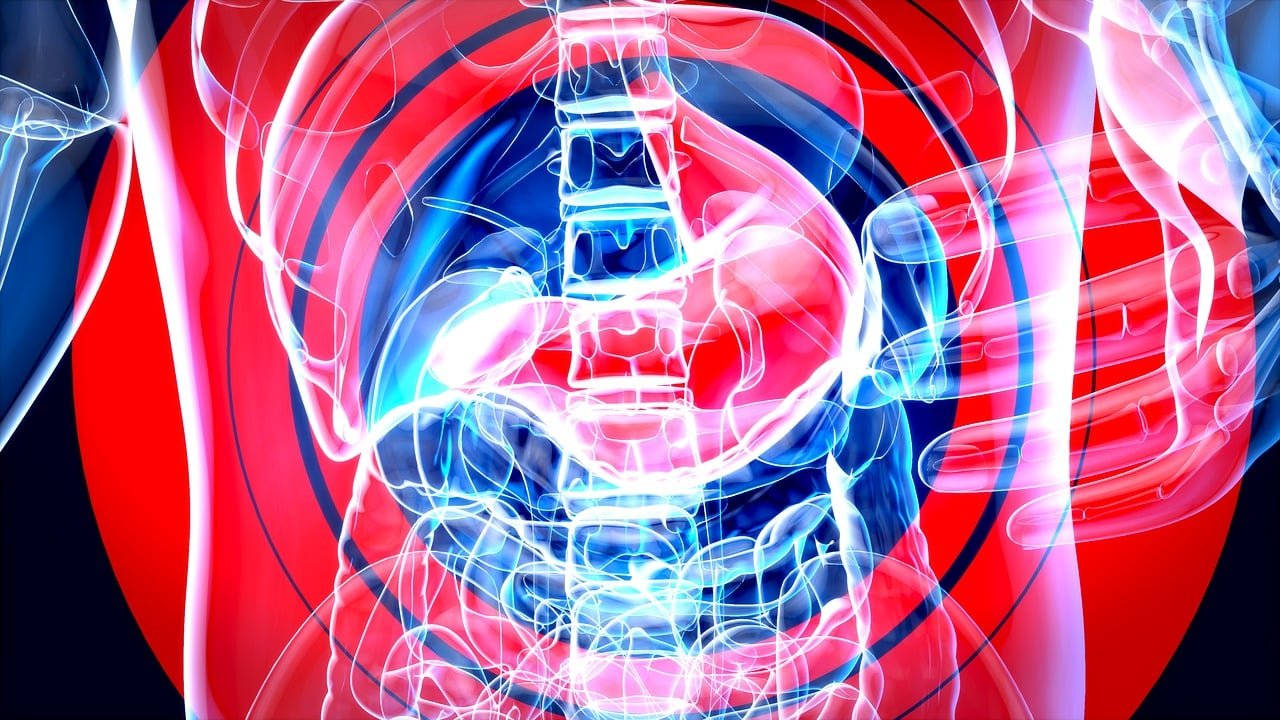Ever wondered what happens to the oxalates in your diet? How does your gut handle these compounds, and what role does your gut microbiota play in processing them? When it comes to maintaining a healthy body, we often talk about balanced diets, exercise, and maybe some probiotics thrown in. But rarely do we consider how those little microorganisms in your gut are crucial for handling specific compounds like oxalates.
What Exactly Are Oxalates?
Oxalates are naturally occurring compounds found in many plants. Think vegetables like spinach, nuts, seeds, and even fruits like kiwi and starfruit. While these foods have a range of health benefits, they also contain oxalates that can potentially cause kidney stones or other health issues when consumed in large amounts. This is where your gut microbiota comes into play—tiny creatures with a big job.
Understanding Gut Microbiota
First off, what are gut microbiota? You’ve probably heard this term thrown around, but let’s break it down. Your gut microbiota is the vast community of bacteria living in your digestive tract. These guys are not just passive passengers; they play active roles in digesting food, producing certain vitamins, and even warding off harmful pathogens.

The Connection Between Gut Microbiota and Oxalates
Now, let’s get back to oxalates. When you consume food rich in oxalates, these compounds need to be broken down and processed. Your gut microbiota, specifically certain types of bacteria, are instrumental in this process. The metabolization of oxalates primarily occurs in your gut through the action of oxalate-degrading bacteria. This digestion process reduces the amount of oxalate that can be absorbed into your bloodstream, ultimately decreasing the risk of kidney stones and other complications.
Bacteria Known for Oxalate Degradation
Several bacteria are known to degrade oxalates, including Oxalobacter formigenes, Lactobacillus acidophilus, and Bifidobacterium lactis. Here’s a quick breakdown:
| Bacteria | Role in Oxalate Degradation |
|---|---|
| Oxalobacter formigenes | Primary oxalate degrader; reduces oxalate absorption |
| Lactobacillus acidophilus | Secondary role; helps in reducing overall oxalate levels |
| Bifidobacterium lactis | Supports oxalate degradation and offers probiotic benefits |
How Diet Affects Your Gut Microbiota
Your diet profoundly impacts the composition and activity of your gut microbiota. Consuming foods rich in prebiotics (like fiber) and probiotics (like yogurt) can boost the population of beneficial bacteria, including those that help in oxalate degradation. The more diverse your microbiota, the better your gut can handle oxalates.
Foods that Promote a Healthy Microbiota
There are certain foods you can consume to promote a healthy balance of gut bacteria, which in turn helps in oxalate processing. These foods include:
- Yogurt with live cultures
- Fermented foods like kimchi and sauerkraut
- Fiber-rich vegetables and fruits (but watch the oxalate content!)

Factors That Disrupt Gut Microbiota Balance
While diet is crucial, other factors can disrupt your microbiota balance. Antibiotics, for instance, can wipe out both harmful and beneficial bacteria. Stress, lack of sleep, and even some medications can affect your gut health.
The Consequences of Imbalanced Microbiota
When your gut microbiota is out of whack, you might experience an array of health issues. One notable consequence is the impaired degradation of oxalates. Without sufficient oxalate-degrading bacteria, more oxalates are absorbed into your bloodstream, increasing the risk of kidney stones and other health problems.

How to Support Gut Health
Maintaining a healthy gut microbiota involves a combination of diet, lifestyle choices, and sometimes supplements. Here are some actionable tips:
- Focus on a Balanced Diet: Eating a variety of foods ensures that you get a range of nutrients that support diverse gut flora.
- Limit Antibiotic Use: Only use antibiotics when necessary, as they can disrupt your gut microbiota balance.
- Manage Stress: Chronic stress negatively impacts gut health, so incorporating stress management techniques can be beneficial.
- Consider Probiotics: Supplements can provide an additional boost of beneficial bacteria, though it’s always good to consult a healthcare professional before starting any new supplement regimen.
Gut Health and Overall Wellness
Understanding the role of gut microbiota in oxalate processing is just one piece of the puzzle. Your gut health impacts your overall wellness in ways you might not even realize, from immune function to mental health. A well-functioning gut microbiota can improve nutrient absorption, enhance mood, and even help in weight management.

Final Thoughts
So, there you have it—your gut microbiota play a crucial role in processing oxalates and keeping your body running smoothly. By maintaining a healthy balance of these beneficial bacteria through diet and lifestyle choices, you can better manage oxalate levels and support your overall health. The next time you reach for that bowl of spinach salad or sprinkle nuts over your yogurt, you’ll have a newfound appreciation for the tiny helpers in your gut making it all possible.

